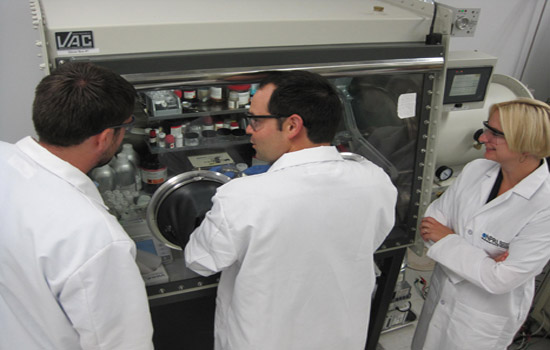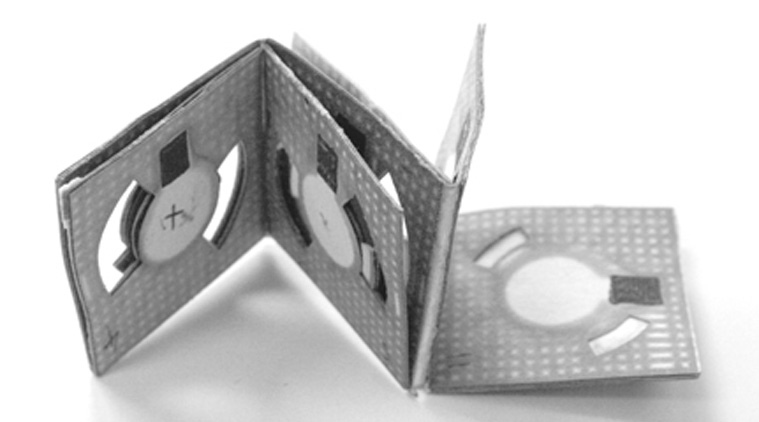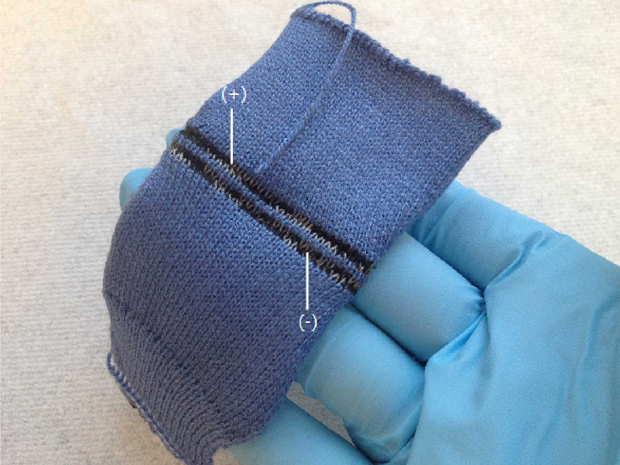
The proliferation of portable consumer electronics such as computers, cell phones and e-book readers combined with expected expanded production of hybrid and all-electric vehicles has placed significant new demands upon manufacturers for low-cost, energy efficient and environmentally-friendly batteries.
To address this issue, a multidisciplinary research team from Rochester Institute of Technology is partnering with New York state to create next-generation lithium-ion battery recycling and remanufacturing technologies. The team’s goal is to reduce the use of energy intensive materials and toxic substances by developing reuse and recycling routes for these products at end-of-life.
“The current mismatch between the lifetime of lithium-ion based vehicle batteries and the lifetime of the hybrid and all-electric vehicles themselves creates significant challenges related to reuse and waste management,” notes Gabrielle Gaustad, an assistant professor in RIT’s Golisano Institute for Sustainability and the leader of the research team. “The infancy of this technology provides an opportunity to proactively develop reuse and recycling technologies instead of having to deal with a large and potentially hazardous waste stream later.”
The two-year RIT project, funded by the New York State Energy Research and Development Authority, seeks to develop a comprehensive recycling and remanufacturing plan for lithium-ion technologies while also developing better design parameters to increase the overall sustainability of the devices. It will also work with battery manufacturers and the New York Battery and Energy Storage Technology Consortium to implement better reuse procedures into current business operations.
“Through this project we hope to better quantify the life-cycle impacts of end-of-life routes for lithium-ion technologies, while also helping to develop enhanced business strategies, modeled on the extremely profitable e-waste recovery industry, which will create greater incentives for reuse” adds Callie Babbitt, a member of the research team who also serves as an assistant professor with the Golisano Institute.
The research team also includes Mathew Ganter, a doctoral candidate in RIT’s Ph.D. program in sustainability, Brian Landi, assistant professor of chemical engineering, Michael Thurston, research faculty at the Golisano Institute and Robert German, senior staff engineer with RIT’s National Center for Remanufacturing and Resource Recovery.



